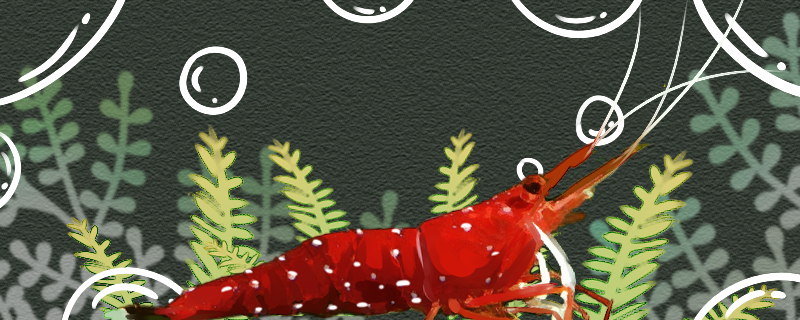
If the shrimp pond is lack of oxygen, you can turn on the oxygenation equipment to oxygenate it at ordinary times, or you can sprinkle some oxygenation agent into the pond. Usually pay attention to the density of feeding, too much density is easy to hypoxia, but also pay attention to the feeding of feed, feeding more oxygen consumption will increase. If there are aquatic plants in the pond, oxygen can be maintained during the day, but it will also consume oxygen at night.
1. Look at the color of the water: If you want to know whether the shrimp ponds are lack of oxygen, the first thing to look at is the color of the water. If the color of the water is green and dull, it means that there are too many algae in the water, which will lead to hypoxia.
2. Number of bubbles: It is normal to have bubbles on the surface of the water body of the shrimp pond. However, if there are too many bubbles on the water surface, and the bubbles cannot dissipate for a long time after the aeration is stopped, it also indicates that the water body is currently in a state of anoxia.
3. Water quality test: In order to ensure that the water in the shrimp pond is suitable for the growth of shrimps, it is necessary to test the water quality at ordinary times. If it is found that the pH of the water body suddenly drops, or the daily change range is too large, it indicates that the water bottom may be anoxic.
4. Observe more: In the evening, observe the shrimp pond to see if there are any shrimps crawling out. If there are, it means that the oxygen content in the water is relatively low, or there are many suspended substances in the water, which also means that it is anoxic.